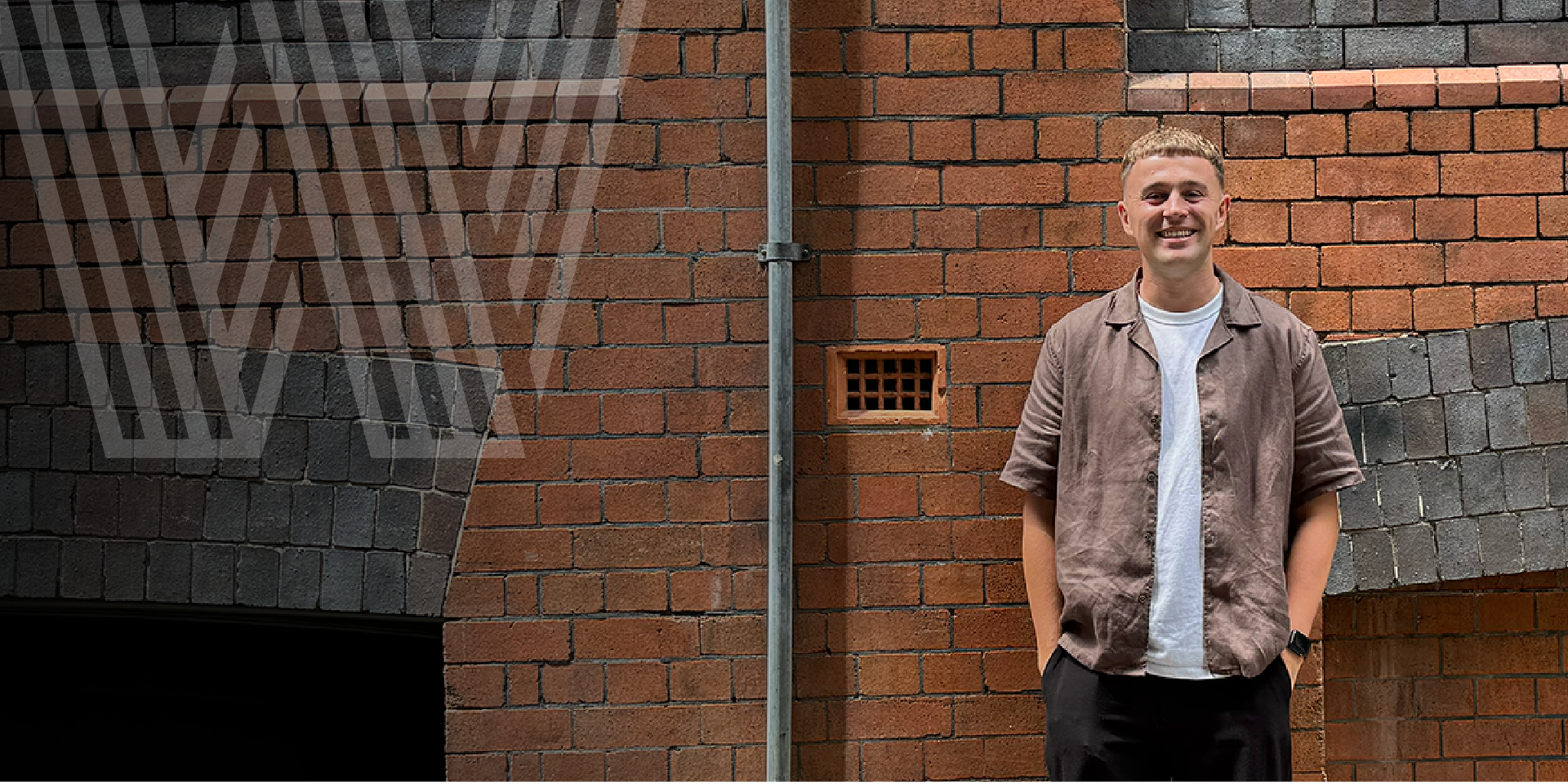Workplace Culture: How to Find the Ideal Fit for Your Next Job
When looking for a new job, you must look beyond the job title and salary and delve into the culture of a business. We can’t emphasise this enough! Landing a job in a team where your values are shared and reflected back at you gives you an immediate advantage. In the right environment, your career can take off in directions you never thought possible.
Why is Workplace Culture Important?
On average, we spend a third of our lifetime at work. That’s a significant chunk of time, so it stands to reason that our work environment influences our happiness and overall well-being. Where culture is not a priority, our self-esteem, work-life balance, physical and emotional health, and sense of safety are all at risk.
The Gensler Australia Workplace Survey 2020 proves that culture contributes significantly to job satisfaction. The 2,430 Australian workers surveyed ranked the following as the top five things they value most about being in their working environment.
- Working in person with colleagues
- Socialising with colleagues
- To focus on my work
- Impromptu face-to-face connections
- Brainstorming and ideating with colleagues
Identify Your Own Values
Finding the right workplace culture is about ascertaining and prioritising what’s important to you. Which values are non-negotiable, and which can you give or take?
Past work experiences are an excellent source of inspiration. Think about those roles or experiences that have made you most happy. When have you thrived, and when have you fallen flat? Be honest and mine your memory for every nugget.
Was it that time the senior leadership team called for your opinion on a new hire? Or the time you got to lead an exciting project? Maybe trust, autonomy and collaboration are your drivers. Or maybe, you are at your best when working in a small team of like-minded people. Remember, these are your values, so there are no rules about what they should look like.
Look for the Signs
If an organisation can tick most of the boxes below, you know you’ve landed yourself a keeper.
- Long-term employees: Happy and engaged employees stick around. Fact!
- The colleague/friend merge: When friendships form through a professional connection, you know that the team dynamic will be great.
- Workplace involvement: Professional development, team building, and social get-togethers are all signs that those in charge care about creating ways for their team to connect beyond the confines of the office.
- Transparency: No secrets, no stress. If communication flows throughout the company, everyone knows where they stand.
- Clear mission and values: Mission statements and company values are more than words on a page. They should be the centre from which all company decisions and policies derive and course through the veins of the people within.
- Diversity: Embracing diversity is more than hiring people from all walks of life. If a business truly celebrates diversity, it will be diverse in its thinking, approach and actions.
- Wins are celebrated: When a company celebrates achievements, this sends a clear message that their team’s work is valued. We all love to be appreciated. When our feel-good tank is full, we are happy to keep leaning in and giving our best!
- Leaders are visible and accessible: If an organisation’s leadership team is front and centre and available to all, this creates a sense of unity. The one team, one dream mantra springs to mind. A unified team working towards a shared goal is a powerful thing indeed.
- Ongoing professional development opportunities: Opportunities for professional development and career advancement give way to genuine job satisfaction. Businesses that provide these pathways are repaid with employee loyalty and a thriving community of motivated brand ambassadors.
- Comfortable workspaces: A company’s physical environment speaks volumes about how a business feels about its team and vice versa. A comfortable, well-planned and clean work environment is good for the soul and, therefore, team morale.
- Employee well-being checks. An organisation that takes the time to check in with its people, either by anonymous survey or regular face-to-face catch-ups, is a company that cares! Not only is this a sign that they prioritise culture, but they are active in their efforts to preserve or improve it.
Do Your Homework
Take the time to read over a company’s website and scroll through its social media profiles. The About Us and Meet the Team pages can give you some insights here. Pay attention to wording and expressions. Remember, you’re looking for signs that suggest a company values its people and product or service in equal measure.
Reaching out to present and former employees on LinkedIn can provide some great insights, too.
The Culture Fit Interview
Often, we forget that the interview process is a two-way street. Both parties are trying to find their next perfect match. The interview must be balanced, allowing both the candidate and the interviewer a chance to try each other on for size.
A carefully crafted line of questioning is an excellent way to discover whether you are in alignment with a company’s culture. Every question should uncover a little bit more about what they prioritise. Having defined your values (as detailed above), your radar will lock in on the answers that speak directly to them.
Equally, if a company probes you with questions designed to assess you as a good fit, this is a good sign. In fact, it may even signal that they are more intent on hiring someone aligned with their culture over someone with more experience.
Summary
Learning more about a company’s workplace culture is a worthy investment of your time. Step back, think about the day-to-day and try to visualise yourself living the role. And remember, where there is an alignment of values, opportunities are abundant. You have worked hard to get your career to this point. You deserve to join a team that recognises and celebrates this.
At WOW, we prioritise cultural fit. That’s why we focus on finding people, not profiles!
We are a passionate recruitment agency in Sydney that works tirelessly to match good people with great companies. From high-flying digital careers to those looking for sales and marketing jobs in Australia, we work hard for our WOWzers. If you’re on the hunt for a dream job with a dream team, jump on this handy link to send us a message. We’ll have you matched up in no time!








